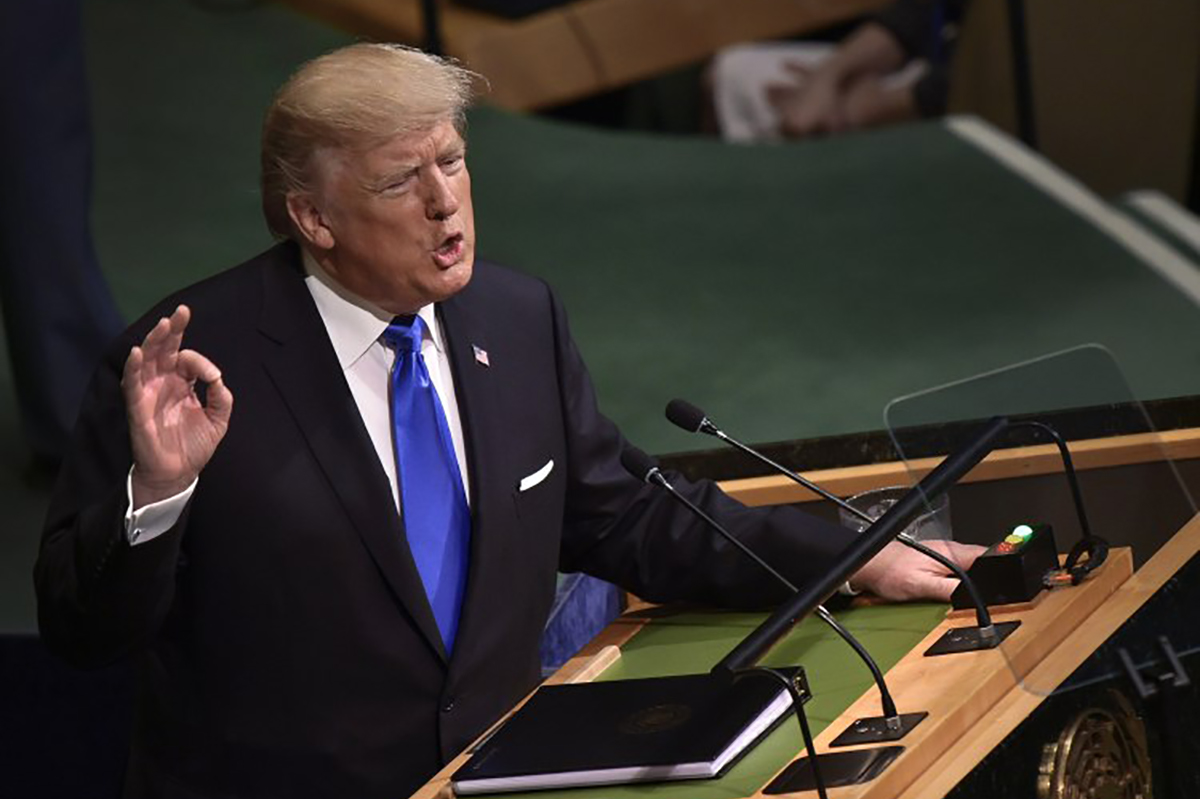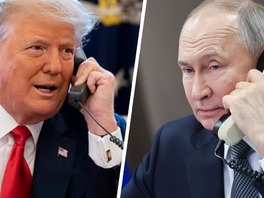Just after the first Iraqi war in February 1991 with the US-led coalition emerging victorious, President George H. W. Bush had a popularity rating of nearly 90 percent and seemed assured of a second term.
However, with both politics and gravity, what goes up often comes down.
By July the following year, the recession had sunk in and unemployment was rising. Bush dived to 29 percent in Gallup ratings. Though he rebounded some, he lost the presidency.
Bill Clinton, an Arkansas governor whose campaign had been plagued by a series of alleged affairs, was the one holding up his right hand and being sworn in as President by the Chief Justice of the Supreme Court.
Clinton’s campaign was focused like a laser beam on the mantra: “It’s the Economy, Stupid”, meaning his team reminded themselves and the public that the campaign was all about pocketbook issues.
These days, Donald Trump is ballyhooing a strong economy. In fact, he audaciously says voters will have no choice but to vote for him due to a high-flying economy.
He has even said that anyone else in the oval office would steer the progress made by his administration over a cliff. If he is looking at the signs though, it is through rose-colored glasses.
America’s economy already has two wheels over the edge, and is teetering precipitously. The large tax cut has not driven the economic engine, and dangerous trade wars are having a dramatic impact.
Still, Trump has a shyster’s broad smile and proclaims, “What? Me Worry?”, as if another attempt at misdirection — such as attacking Muslim congresswomen — will be sufficient red meat for his base.
In the case of an economic meltdown, it won’t work: "It’s the Economy, Stupid!"
I’m not an economist. A well-known economist, the late Richard Medley, founder of Medley Global Advisors, once told me the discipline was simple: “When this goes up — something else goes down — and vice versa.”
I somehow believe it is more complicated than Richard’s quick diagnosis for this tenderfoot.
However, I do often consult my hired consultant, the distinguished Nobel Prize for Economics recipient Paul Krugman. In other words, I pay $15 a month to read his columns in the New York Times.
Krugman doesn’t say for certain — economists rarely do in what is often called “the dismal science” — but he does seem to feel that with the Trump trade war and with a hard Brexit looming, this old planet is cruising for a bruising.
He says don’t look at the stock market’s performance, with the exception of the bond market. When interest rates on short-term bonds are higher than on long-term bonds, it predicted six of the last six recessions.
Krugman calls it an “inverted yield curve" and says it is happening once again with long-term yields less than half of what they were last fall. In other words, confidence is lacking.
This wise man to whom I defer says long-term yields are roughly where they were in early 2007 — the eve of a disastrous financial crisis and the worst recession since the 1930s.
In Krugman’s words: “The bond market is telling us that the smart money has become very gloomy about the economy’s prospects.”
As a layman in such matters, I’m not good at reading tea leaves. On the other hand, I’m a political guy and I well-remember George Bush tanking when the economy collapsed.
For the next eight years, it was all Bill Clinton who well understood: “It’s the Economy, Stupid!”





